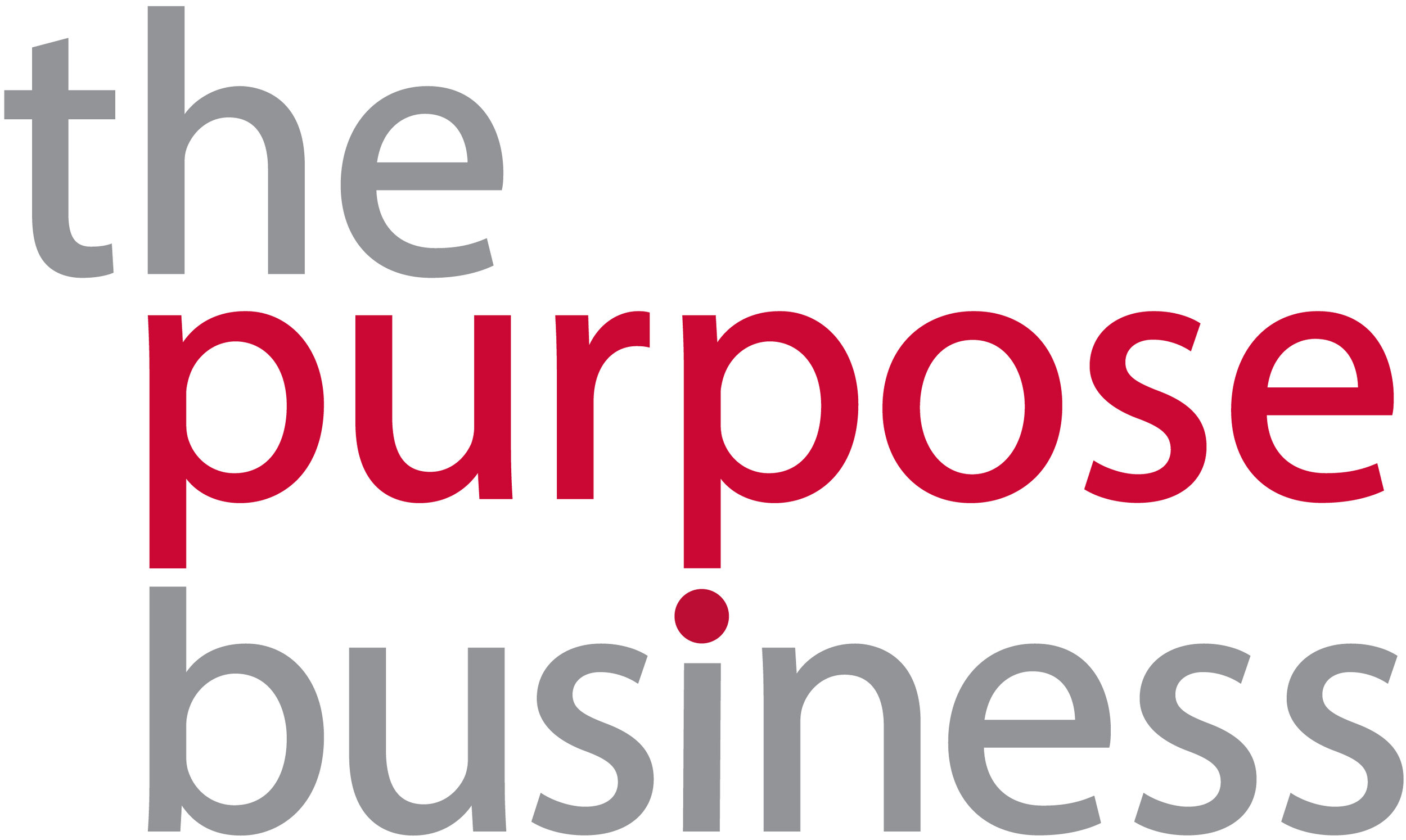Water: Habits & actions
Pat Dwyer, TPB’s Founder and Director, on the power of small actions to help the massive water issues facing the planet.
If you are reading this article, then you don’t need convincing as to why water is a pressing issue, and you have a basic understanding of the urgency to address both the scarcity and quality sides of the water crisis. Just to give context, to those playing catch up, we are using water at an unsustainable rate that without changes in business practices, by 2030, global water demand will be 40% > supply.
If water were another commodity, this would drive prices to the roof- but in many countries like Hong Kong, water subsidies are in place, meaning we do not personally know the true value of water.
In 2015, the World Economic Forum identified water as the biggest global threat – “It is not only the fourth time water has made the annual list that ranks the greatest risks to economies, environments and people, but the first time that water has moved into the top position for impact.” (The Global Risks Report 2015). The global water crises are inextricably tied to the other items that made it to the top risks, including extreme weather events; failure of national governance, state collapse or crisis; rapid and massive spread of infectious diseases; and failure of climate change adaptation.
In the 2016 version of the report, “climate change mitigation and adaptation rose to the top after its presence in the top five most impactful risks for the past three years, ahead of weapons of mass destruction, ranking 2nd, and water crises, ranking 3rd.” Even locally, there is heightened awareness of the water crises , folllowing national documents such as the ‘Made in China 2025 Action Plan’ and the Water Ten Plan.
There is actually no dearth of information on the magnitude of the crisis. We naturally turn to government and business for big answers – because we think all answers have to have the scale in order to swiftly reverse impacts. One thing I have been thinking about lately is the power of small steps that when aggregated, makes a real drop of difference.
I recently spoke on Ethics in a casual breakfast with the most unexpected “creative” audience mix: about 150 start up/ tech/ millenials/ architects/ photographers and designers. One of the biggest takeaways we discussed was to review our own thoughts, actions and habits- and how they turned into our behaviour, that which defines our character. If I took the same thought process and applied it to our personal relationship with water, I wonder what conclusions we can draw? Are we ethical about our water consumption? What is the moral use of it , when is it abusive, and why should we only change our ways when there is a crisis?
In the Ethics session I asked the audience to reflect on actions – particularly repeated actions that become just the way they do things. The way you always take car # 3 on the MTR that gets you straight to the escalators – things like this become your habits and are tough to break because they simply have become second nature. If I asked the same of you now, what water –related habits have you come to adopt, what would that look like? The tap running as you brush your teeth? Watering lawns during a drought? Whatever they may be, we should reflect on why they have become our habits – and also reflect on their implications:
Drinking tea rather than coffee saves 120 litres of water per cup
With the average person flushing five times a day, toilets make up about 31% of overall household water consumption. In a home with older toilets, an average flush uses about 3.6 gallons (13.6 liters), that’s the equivalent of 8.6 bottles of wine( http://www.home-water-works.org/indoor-use/toilets )
An 8 ounce steak uses a staggering 3,500 litres of water – or the equivalent of 17 full bathtubs
There’s many more of these astonishing statistics and the invitation is here to read more- in order to slowly change our habits. If we all adopted 1 or 2 small changes, they become manageable – and they become inspirational.
Start with yourself. It’s the only thing you can truly control.
95% of the water we use everyday is invisible – and not as simple as counting 8 glasses to drink. In fact, they are embedded in your every choice- clothing, beverage, mode of transport, etc. Make it as simple as understanding the amount of water embeded in a product, and finding out whether there are better choices out there.
One of my good friends and fellow World Economic Forum Young Global Leader Mina Guli recently ran 7 deserts in 7 continents in 7 weeks for one reason: water. Mina says “I’m doing this for our planet and the generations to come. I’m running for every person who uses water.”
During her runs she observed several instances of the water challenges we are facing today. When Mina ran through Jordan she said “Usually at this time of year the canyon should be full of water, which would last for 3-4 months. It was empty. And the next. And the next.” She also witnessed the impact of water scarcity in Spain, with the shift from subsistence farming to commercial farming when she spoke to olive grower Juan Jose during the Tabernas desert run.
“I hope to raise awareness of the water crisis and inspire the next generation to believe they can make a difference by pledging to do just one thing each day to reduce their water consumption. Small steps, each day, because every drop counts.”
We won’t all have Mina’s courage, or stamina to run 7 deserts. Giving up chocolate for a week seems lame in comparison, but we can all do our own share. Our actions and habits can make a difference however small.
Source:
http://chinawaterrisk.org/opinions/water-habits-actions/
Original Post: May 16, 2016










